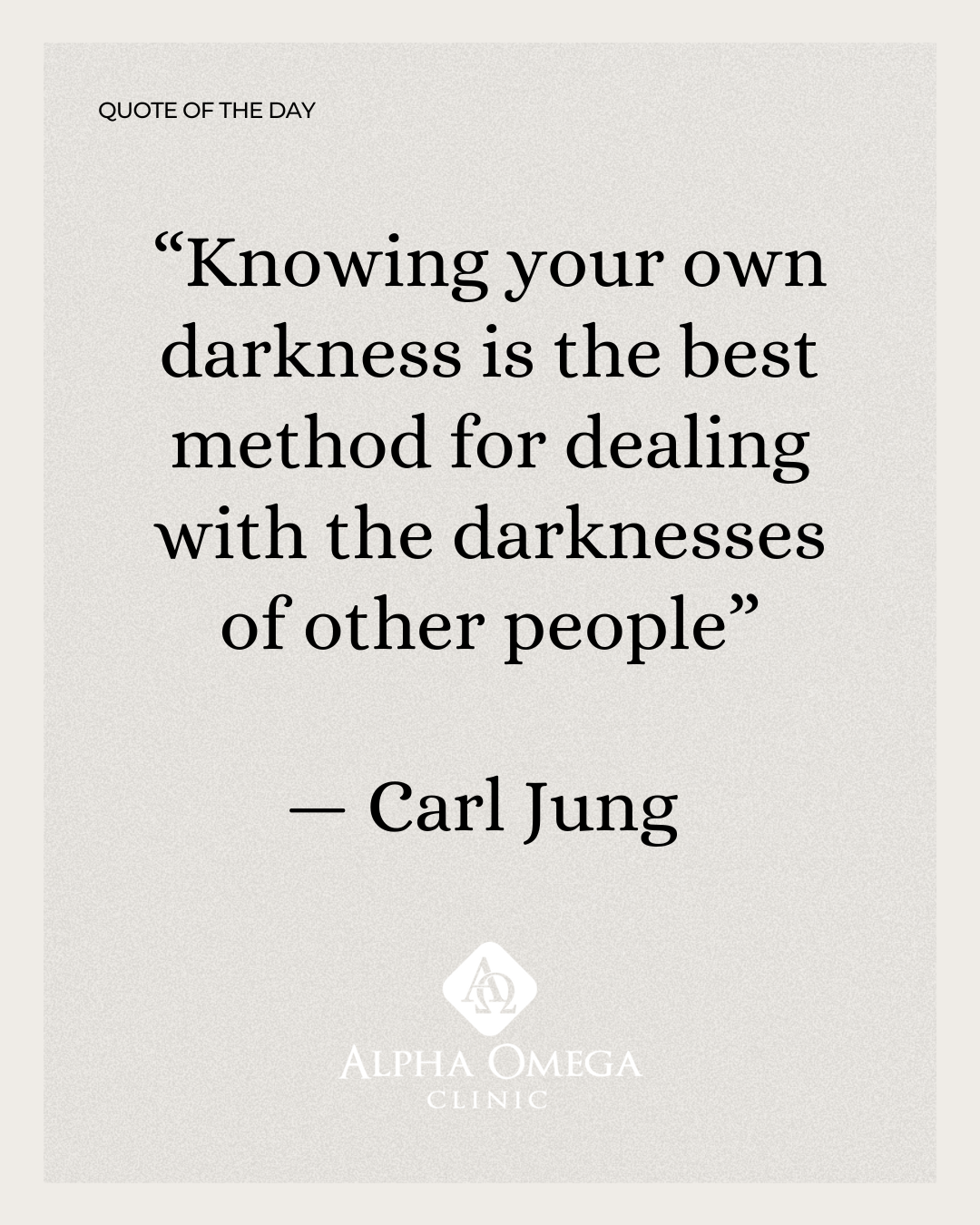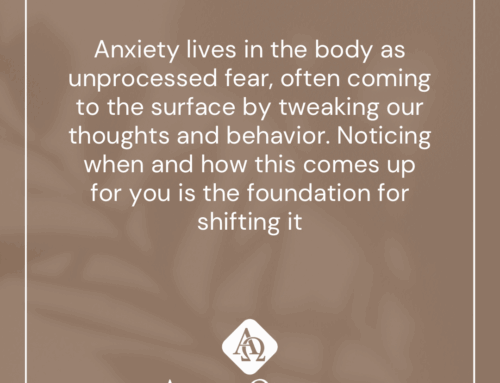This quote speaks to the essential work of integration—the process of becoming aware of the parts of ourselves we’d rather disown. Our negative impulses, judgments, and emotional reactions often reveal what we have yet to process or work through within ourselves. When we deny the existence of these parts, they don’t disappear; they operate unconsciously, shaping how we see and treat ourselves and others.
Committing to this self type of self discovery is an act of humility. To know our darkness is to recognize that we, too, are capable of what we react to in others, and that our need for mercy is shared. From this awareness, empathy becomes possible. It is the ground from which genuine compassion grows—not sympathy from a distance, but understanding from within.
Catholic theology mirrors this in its understanding of sin and grace. The Cross is not a symbol of avoidance, but of descent. Christ enters fully into human suffering and shadow—not to affirm it, but to redeem it. This is the incarnational divine pattern: transformation happens not through denial or repression, but through bearing our wounds to the source of healing.
In this light, self-knowledge becomes a spiritual practice. Examining our hearts, confessing our faults, and turning toward grace are not acts of shame—they are acts of courage. To face one’s darkness honestly is to make space for light to enter.
What parts of yourself do you struggle with or are not proud of? Where do you need mercy and compassion? How could you grant this to others while you work together with God to grow?
* The information provided is for self-enrichment and not intended to replace any necessary mental health treatment.
Want more ways to receive this content? Follow us on Instagram or Facebook or subscribe to our e-newsletter.
Want to support our work? Visit aoclinic.org/donate
Warmly,
Jonathan Dixon, LMFT
Alpha Omega





